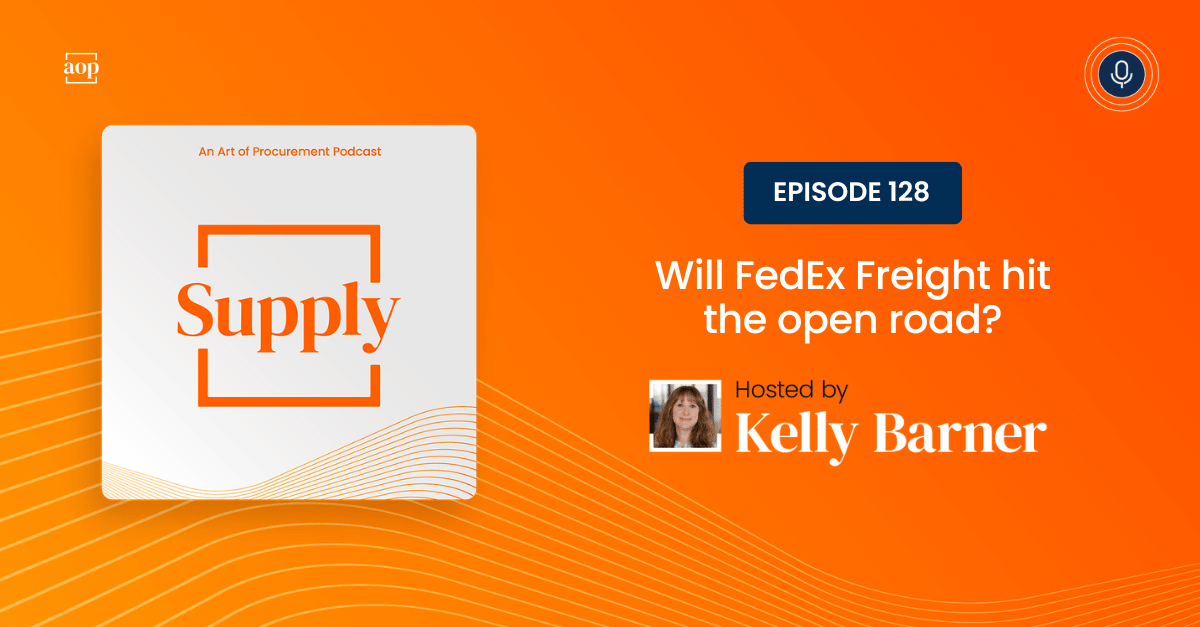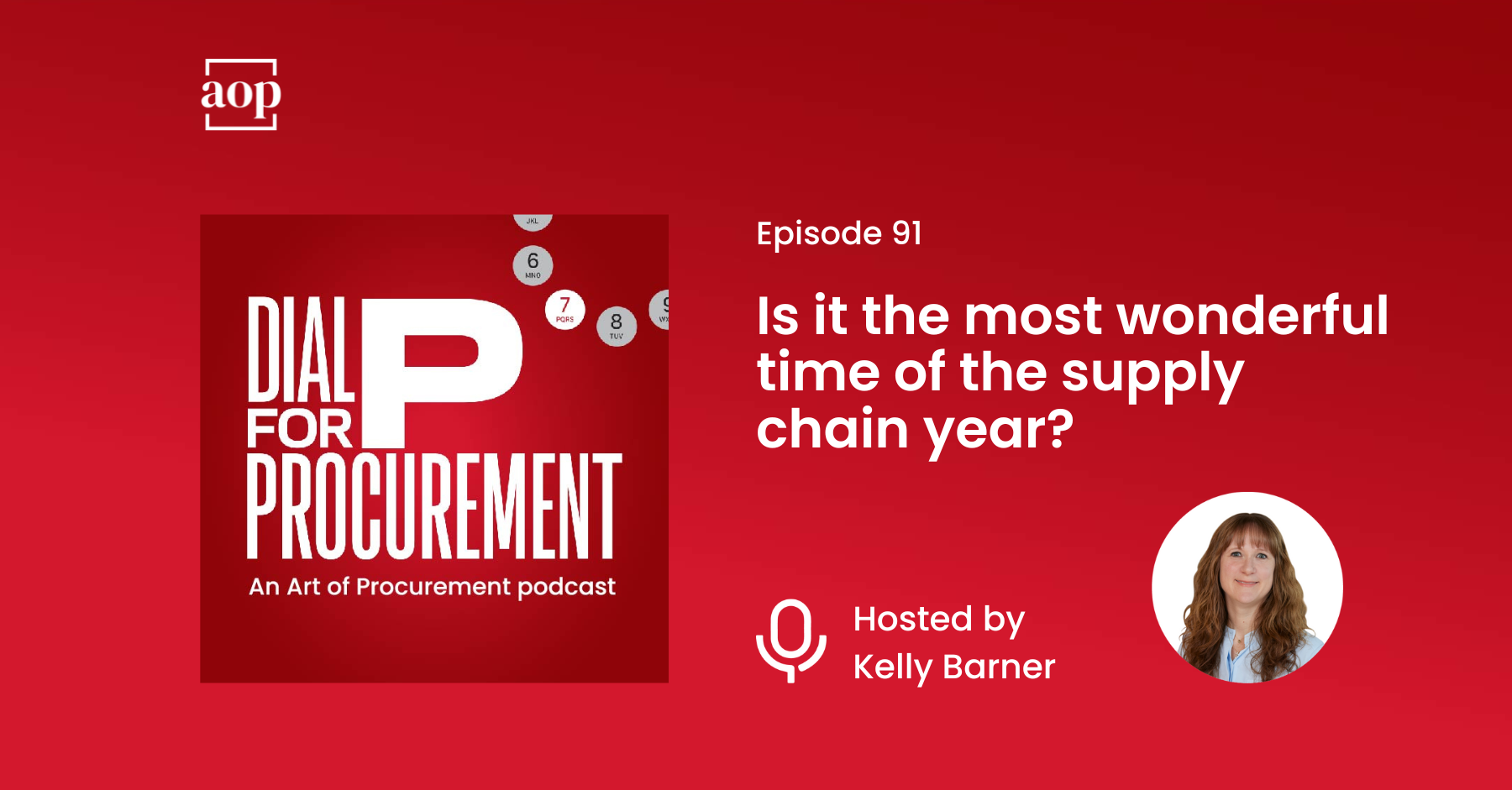
When you read news that a company is thinking about spinning off a division, it is usually because that division is not as profitable as the company would like to see, or perhaps there is an operational issue.
FedEx is reportedly considering a spin off their Freight division, the part of their operation that handles less-than-truckload (LTL) freight. Market value estimates range between $30 and 50 Billion, and investors are sitting up to take note.
Unlike UPS and Union Pacific, FedEx is considering spinning off their Freight division to give it a better chance at creating shareholder value, not to protect the larger organization from financial loss and operational risk.
Is your freight less than?
LTL freight services combine multiple customer shipments on one truck to share space and costs. This efficiency play can be compared to full truckload, where one customer fills one truck for a dedicated run or small parcel small parcel, where the package has to be under 150 pounds and be able to be handled by a single person.
LTL carriers have established networks and operate on consistent routes and schedules. This creates predictability for shippers, and efficiency for operators.
If you’ve ever sourced LTL, you know it is one of the most complicated categories of spend to analyze, negotiate, and award. I did it when Excel was the only game in town from a tech perspective, and it was absolutely brutal. The preparation and analysis are complex and time consuming, but – if handled right – the savings can be substantial.
Market leaders in the LTL space include FedEx Freight, Old Dominion Freight Line Inc., Saia Inc., Estes Freight Lines, and XPO Logistics Inc. All of these companies except for FedEx run ‘pure play’ operations, where LTL is the only line of business. Spinning off FedEx Freight would give them equal footing to compete as a pure play option as well.
Profile of a Dominant Player
FedEx is the largest LTL carrier in the U.S. by revenue, reporting $10 Billion last year. Even without being pure play LTL, FedEx Freight is the undisputed leader. They also have the largest real estate network of any U.S. based LTL provider, with 400 service centers, 46 thousand employees, and 25 thousand trucks.
From this position of strength, FedEx is looking to deliver more of a good thing, and the whole company is undergoing a comprehensive review.
Dubbed DRIVE, this holistic effort to find $4 Billion in structural and overhead costs that can be eliminated by 2026. The integration of people, real estate, and technology is expected to deliver an additional $2 Billion in annual savings.
A key part of this initiative is the combination of FedEx Ground and Express into one operating entity. To date, FedEx’s savings from the consolidation has predominantly been achieved through layoffs and by eliminating terminals. FedEx is on track to successfully deliver $4 Billion in savings in the 2025 fiscal year, compared to its 2023 baseline.
Against this backdrop, FedEx is likely to spin the Freight unit off as a separate publicly traded company.
FedEx Freight is the most profitable division in the company, but as only 10% of the company by revenue, staying as part of FedEx is probably not the way to give them their best opportunity to grow.
FedEx Freight generated $2.3 Billion in Q2 revenue despite the down time conditions seen in the U.S. trucking market over the last couple of years. Jefferies analyst Stephanie Moore believes the value of the Freight business could be around $30 Billion, while Satish Jindel, President SJ Consulting, estimated that it could be worth as much as $50 Billion.
What would this mean for procurement?
A FedEx Freight spinoff is generating considerable excitement for investors, but what would it mean for companies paying for LTL services and their procurement teams?
If FedEx Freight spins off, the whole LTL competitive landscape would likely undergo a shift. Shippers will need to re-analyze and re-optimize their contracts and strategies. And remember, the sector absorbed a shock just last summer when Yellow Freight filed for bankruptcy and abruptly stopped operating.
A FedEx Freight spinoff would further consolidate a market already dominated by large players, reducing the negotiating leverage that procurement teams have at contract renewal time. We should only have to wait a few months to hear their decision, but the pure play investor excitement is already building.




